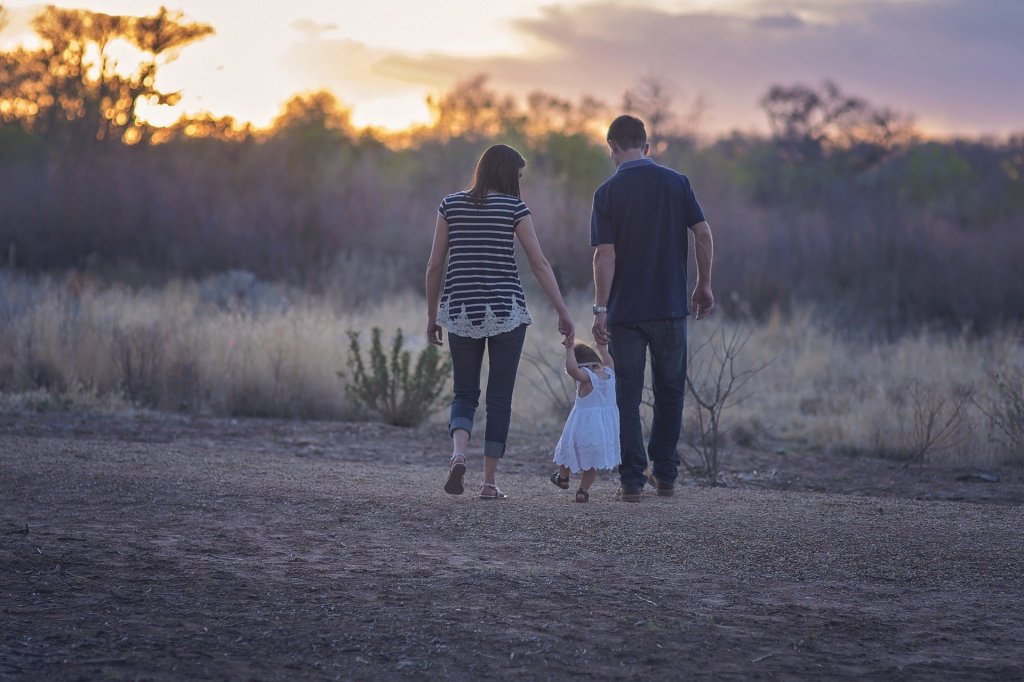
Parenting Considerations
Parenting Considerations
With an unplanned pregnancy, it isn’t just a three-way decision – parenting, adoption or abortion. There are many layers to consider in each choice. No matter which parenting option is right for you, motherhood will be the hardest most rewarding job ever.
So let’s take a closer look into the choice of parenting.
Just like with abortion, there are many different types of parenting.
Parenting within a marriage: Because you are ready to make a commitment to both your partner and the child, you choose to marry and raise the child together. The partner has to understand, at least a little, of the inner transition to motherhood. So if they can participate in the BrightCourse parenting classes that the TPC offers, it will be a huge help.
Knowing to expect highs and lows of parenthood, the immense love of the child and your partner will be life changing. You and your partner should inspire and renew each other as to why you are a parent.
Things to consider: Have you been together for a while? Have you considered getting married? Do you have a good relationship? Are you committed to each other?
Joint parenting: Although not ready to make a marriage commitment, you and your partner choose to share responsibilities for raising the child in a joint custody arrangement.
Co-parents share not only the typical caretaking of their children, but also confer on major decisions about upbringing, including:
- Education
- Medical care
- Religious schooling
- Other matters of importance
Joint legal custody arrangements can be very beneficial for the children because it forces both parents to stay active and accountable in the children's lives, and the children really get to experience being raised by both parents. These types of situations also usually have much less ongoing conflict between the parents and a lower chance of re-litigation.
Custodial parenting with visitation: One partner is fully committed to raising the child. The other partner is less than fully committed. The children are able to maintain close relationships with both parents. This can result in less trauma for the children.
This arrangement also ensures that both parents get plenty of time and opportunity to participate in the small, everyday tasks of raising children, like taking them to school or tucking them into bed. Children who spend a more equitable amount of time with parents also often have fewer issues with guilt and feeling like they are betraying one parent by enjoying time with another.
Custodial parenting: One partner is fully committed to raising the child. The other partner is either unable to participate in parenting, does not want to be a part of the child’s life, or has exited the relationship.
Sole physical custody arrangements are usually recommended when only one parent wishes to or is able to be an active presence in the children's lives. Sole physical custody is also often better if the parents don't live close together or the children are young and not able to tolerate being away from a parent for an extended period of time.
Things to think about when considering parenting:
• Am I ready to accept responsibility for my baby’s needs?
• Will the other birth parent be supportive?
• Do I have family support?
• Am I too young? Am I too old?
• How will I support myself and my child? Do I have a job? Will I be able to finish school?
• Where will we live?
• Do I have access to affordable medical care?
• What kind of life can I offer my child?
• Do I have any physical, mental, or emotional health issues that could impact my parenting?
• Do I struggle with substance abuse?
• Am I in a safe situation?
As you consider the above questions, you may feel overwhelmed with options and which is the right way for you to proceed. We are here to help.
Parenting can be very rewarding, and our team is here to help you decide if this is the best path forward. We are confidential, and have years of experience helping those who have found themselves in the same situation that you are now in.

